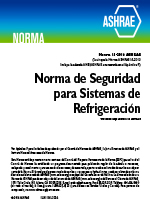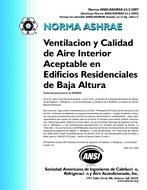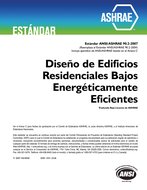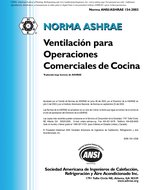Description
Rural Alaskan communities are often built on frozen soils (Permafrost) with a high percentage of ice (often 50% or more). When permafrost melts, the soils subside and the structures founded on the permafrost can experience significant settlement. Heat transmitted into the ground from warm structures must be removed to prevent the ground from thawing. This is often done through passive thermosiphons, of which there are approximately 170,000 in Alaska. Climate change is creating warmer winter air temperatures and greater variability in weather patterns throughout Alaska, preventing passive thermosiphons from working as designed which will render many facilities unusable if not addressed in time. Currently available commercial solutions include: adding ground insulation, adding thermosiphons, increasing the surface area of existing thermosiphon condensers, and providing supplemental mechanical cooling through the use of a central refrigerant compressor and condenser serving multiple thermosiphons. These solutions require major modifications to existing thermosiphons or disturbance of compromised soils and are very expensive to implement in remote Alaska communities due to logistical challenges combined with a short outdoor construction season and extreme weather. With the goal of providing a less expensive option for mechanical cooling, the Alaska Native Tribal Health Consortium Division of Environmental Health & Engineering (ANTHC-DEHE) is developing an inexpensive, air transportable, easy to install, easy to maintain refrigeration collar that adds active cooling to existing passive thermosiphons. The refrigeration collar can be configured to run on mains or 24 VDC power, making it suitable for use with a photovoltaic / battery system. It can be installed as a retrofit to existing thermosiphons or as part of new construction, and is expected to be less expensive than a new thermosiphon installation or centralized cooling system. Potential applications exist in remote communities and industrial centers across the Arctic. The authors document their design concept, prototype development, testing and anticipated next steps.
Product Details
- Published:
- 2023
- Number of Pages:
- 8
- Units of Measure:
- Dual
- File Size:
- 1 file , 2 MB
- Product Code(s):
- D-CCC23-45
- Note:
- This product is unavailable in Russia, Belarus




